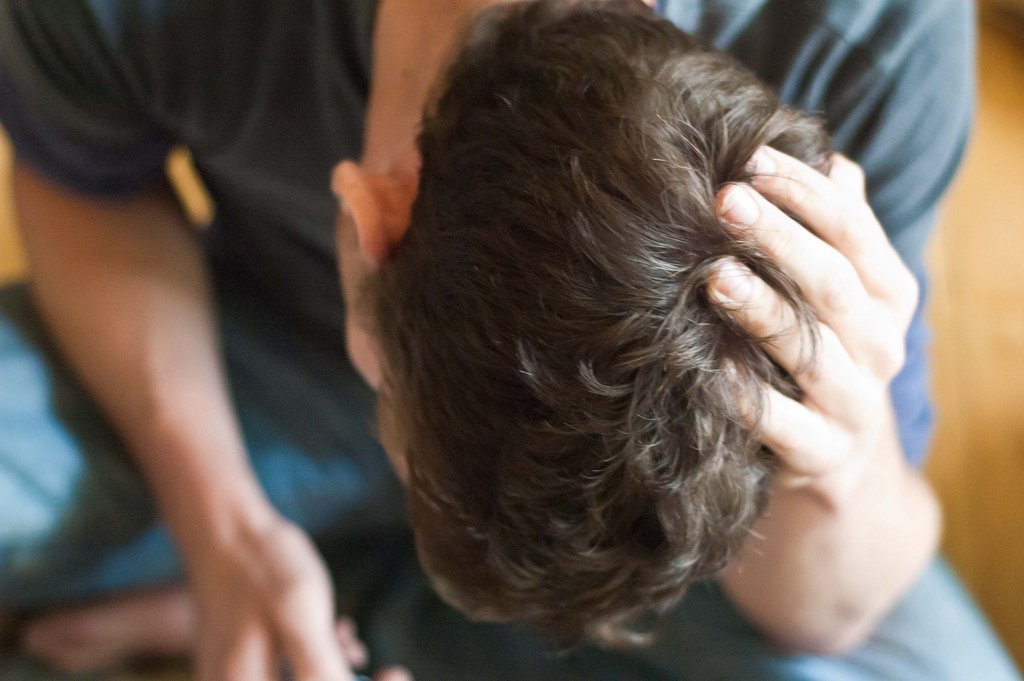
If you or someone you know is trying to cut back on alcohol intake, there are serious and uncomfortable withdrawal symptoms that might be felt. Here are some ways to cope with them.
Are you or is someone you know experiencing withdrawal from alcohol? Here are some ways to cope with these symptoms.
1. Recognize Alcohol Withdrawal
 How do you know if you are going through alcohol withdrawal? Some minor symptoms to look out for that can appear as soon as five hours after your last drink include agitation, shakiness, trembling, problems sleeping and an increased heart rate. These might intensify after 24 hours and can be partnered with cold sweats, nausea, seizures and hallucinations. In extreme cases, delirium tremens might occur 72 hours after you stop drinking and can be lead to heart attacks, breathing problems or strokes.
How do you know if you are going through alcohol withdrawal? Some minor symptoms to look out for that can appear as soon as five hours after your last drink include agitation, shakiness, trembling, problems sleeping and an increased heart rate. These might intensify after 24 hours and can be partnered with cold sweats, nausea, seizures and hallucinations. In extreme cases, delirium tremens might occur 72 hours after you stop drinking and can be lead to heart attacks, breathing problems or strokes.
2. Distract Yourself
 The reality is that alcohol withdrawal is an unpleasant experience. A good tip to try is distracting yourself from the symptoms. Ask someone you trust to accompany you when you’re experiencing withdrawal and choose activities that can help take your mind off of your symptoms and your desire to drink. Watch TV, engage in a sport or participate in a group activity.
The reality is that alcohol withdrawal is an unpleasant experience. A good tip to try is distracting yourself from the symptoms. Ask someone you trust to accompany you when you’re experiencing withdrawal and choose activities that can help take your mind off of your symptoms and your desire to drink. Watch TV, engage in a sport or participate in a group activity.
3. Mind Over Matter
 Your mind is an extremely powerful tool when you’re experiencing alcohol withdrawal. With intentional thinking, goal setting and mindfulness, you can make it through your withdrawal successfully. Remember that the negative physical symptoms are only temporary and try to remain positive. While it may be difficult to do so, staying positive might help your symptoms feel less severe. If you experience a craving during this time, try to delay it in one hour increments. Each time you do this, your cravings are likely to lessen.
Your mind is an extremely powerful tool when you’re experiencing alcohol withdrawal. With intentional thinking, goal setting and mindfulness, you can make it through your withdrawal successfully. Remember that the negative physical symptoms are only temporary and try to remain positive. While it may be difficult to do so, staying positive might help your symptoms feel less severe. If you experience a craving during this time, try to delay it in one hour increments. Each time you do this, your cravings are likely to lessen.
4. Seek Professional Help
 If you’re experiencing alcohol withdrawal, it’s important to contact a medical professional to assess your risk of delirium tremens. The severity of these symptoms means that they should be experienced under professional supervision, such as in a detox program. A doctor might also give you anticonvulsant medicine, anti-nausea medicine or blood pressure medicine to help relieve symptoms.
If you’re experiencing alcohol withdrawal, it’s important to contact a medical professional to assess your risk of delirium tremens. The severity of these symptoms means that they should be experienced under professional supervision, such as in a detox program. A doctor might also give you anticonvulsant medicine, anti-nausea medicine or blood pressure medicine to help relieve symptoms.


